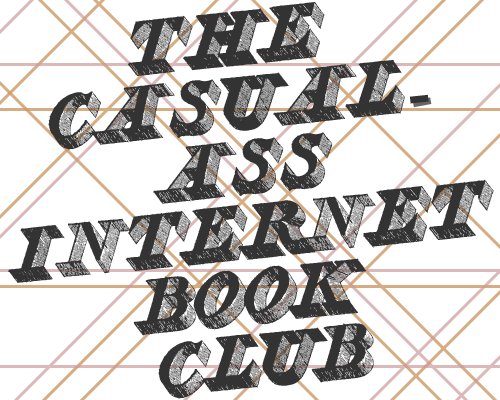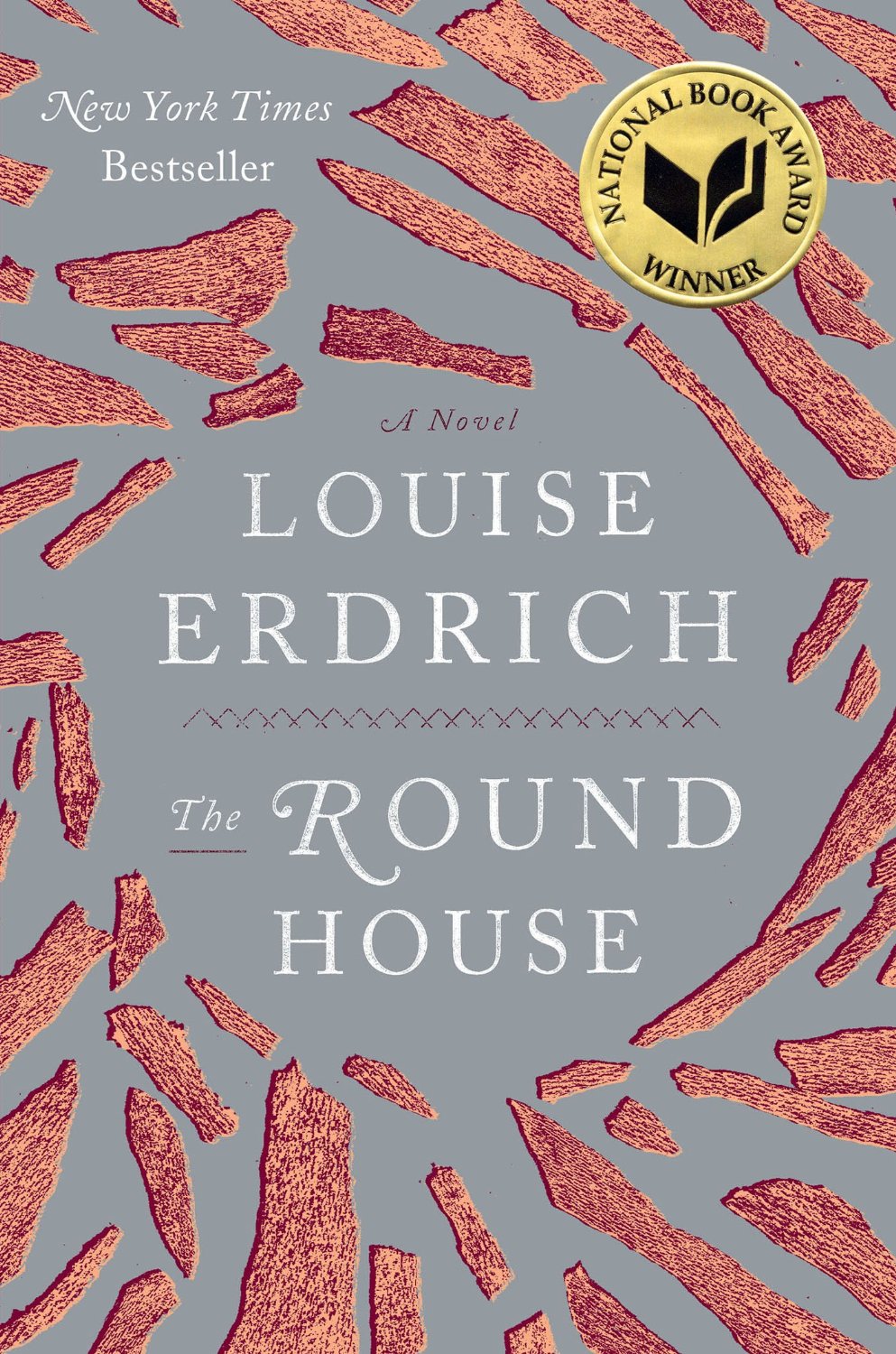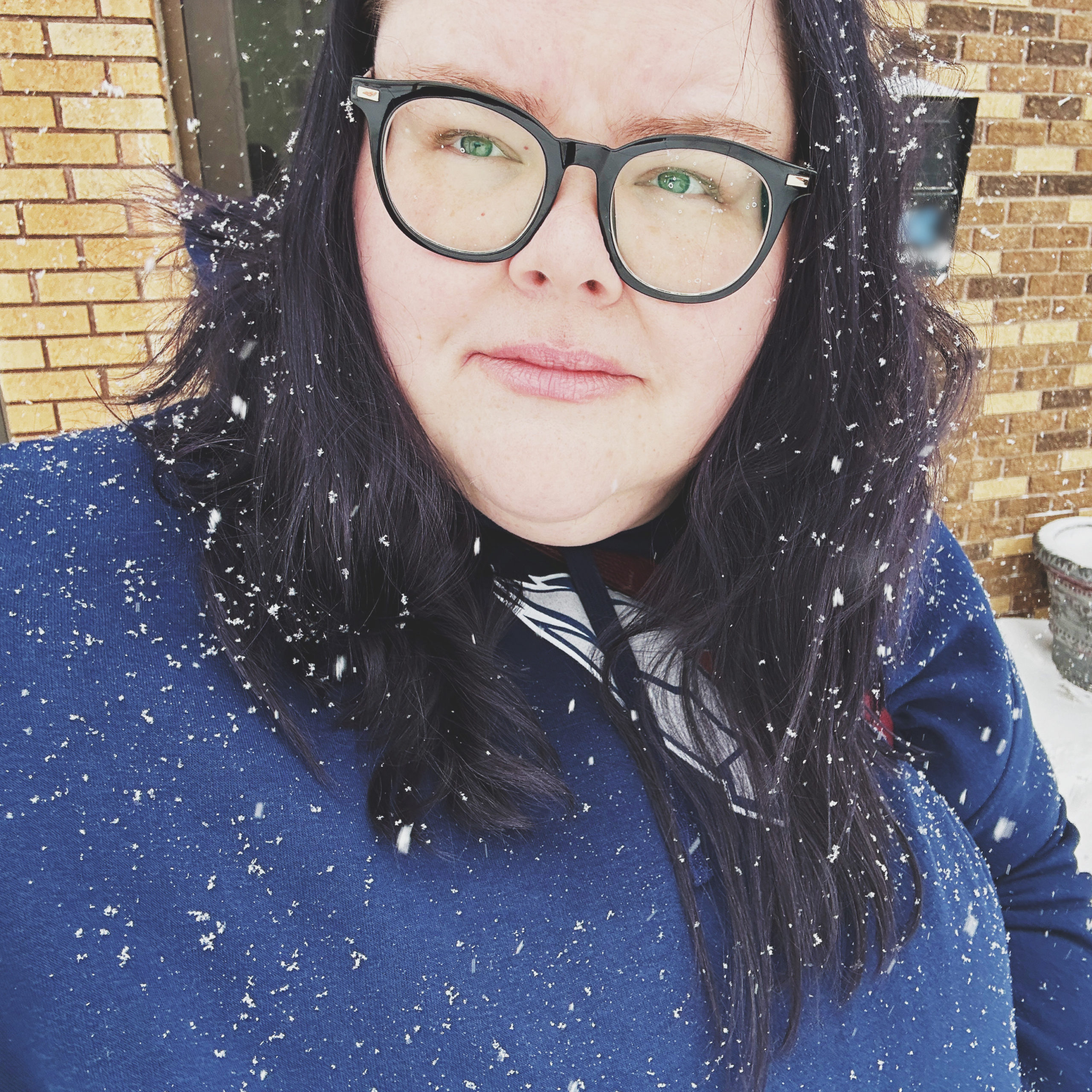
The Round House was seriously, unbelievably good and I might have a couple things to say about it! Spoilers!
The Round House isn’t my story. I have never been a teenage boy, I have never lived on a reservation, nor been a member of an American Indian tribe. I mention this because one of the most prevalent arguments I see white men make when books written by and about women or people of color are brought up for discussion is that they can’t “identify” with the characters, which is a 100% bullshit veil for racism and sexism. So I want to be clear, I am not Joe, I do not necessarily “identify” with Joe or his family, but because I am human being with an imagination and the capacity for empathy, I am fully capable of reading and experiencing Joe’s story in the same way I read and experience the stories of white women like me. White men constantly make this specious-ass argument, but they seem to have no trouble whatsoever reading stories where white men fight dragons and storm underwater castles for the love of a mermaid princess.
Anyway, my own soapboxing aside, The Round House is a really compelling and beautiful and heartbreaking story about family and community and friendship and the ways in which tragedy can break people, but also bring them together into something even stronger. Joe’s mother is raped at the start of the novel and the book deals with the ways that impacts not only her, but also Joe and his father — a tribal judge — and the family and community that surround her. As Joe’s mother retreats further into her pain, Joe does as only thirteen year old boys can do and wishes for her to heal, for her to return to the woman he knew before the attacks. And as details of the event finally emerge, Joe’s fury is palpable; his fear and his confusion heartrending. It is agonizing not only to watch a woman wither away because of the violence done to her by both the attack and the lack of justice that follows, but also the futile anger of the people who love her most in the world and their desperation to somehow heal or fix her.
I’d thought she was the same mother only with a hollow face, jutting elbows, spiky legs. But I was beginning to notice that she was someone different from the before-mother. The one I thought of as my real mother. I had believed that my real mother would emerge at some point. I would get my before mom back. But now it entered my head that this might not happen. The damned carcass had stolen from her. Some warm part of her was done and might not return. This new formidable woman would take getting to know, and I was thirteen. I didn’t have the time.
There were a lot of wonderful moments throughout the story — friendship and family and a beautiful sense of community — and the large overarching message is powerful as hell. Erdrich deftly uses Joe’s youth to teach her readers about the pervasive failures of the American government when it comes to American Indian affairs, but particularly where the jurisdiction and uneven application of law has done monumental damage to an entire people. Joe’s father is a judge and yet he is powerless because the crime was committed by a white man. It is a complex issue and one that most readers will be unfamiliar with and Erdrich handles it so, so well.
I love Joe’s relationship with his friends and, in particular, Cappy who is 100% available and loyal to Joe throughout the events following the attack. I was moved at a variety of points in the story — particularly when Cappy trades shoes with Joe because he knows how badly he wanted his own pair — but I broke into heaving sobs when Cappy was there to help Joe take care of his mother’s attacker. Cappy understood the gravity of Joe’s vengeance, listened to Joe’s refusal of his aid, and still came to him when Joe most needed him anyway.
Brother, I said, what made you come to the overlook?
I was always there, said Cappy, Every morning. I always had your back.
I thought so, I said. And then we slept.
Erdrich goes to great lengths to realize the community around Joe, the threads of family and people who are distantly or almost family by proximity and though the importance of it sometimes escapes Joe, it does not for a second escape the reader. Friendship is family, community is family, and it is so beautifully rendered it’s unbelievable.
I really love Sonja and her hard-edged lessons to Joe about how to treat women. I love Joe’s father and the gravity with which he treats cases that Joe sees as frivolous. I love Linda and her double spirit and her beautiful optimism and gratitude for a life that her birth mother valued so little as to give up on her immediately after her birth.
I was thankful for the way things had turned out. Before we were born, my twin had the compassion to crush against me, to perfect me by deforming me, so that I would be the one who was spared.
Though you know early on that Cappy will meet an untimely death, it is gut-wrenching when it comes because you have seen so much more of what a wonderful friend he has been to Joe, what a good person he has been. His run from the priest and his deeply felt love for his Catholic girlfriend. I will forever keep with me the joy of knowing that Joe grows up to do so much and the sorrow of knowing that Cappy never will.
We passed over in a sweep of sorrow that would persist into our small forever. We just kept going.




